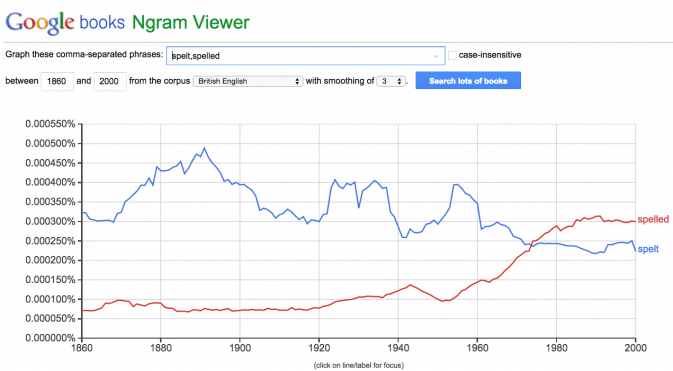I would say that what Setanta says about American usage applies equally to British English. We climb
the stairs when talking about specific stairs but a disability or injury might prevent one from climbing stairs in general. Also, hardly anyone talks about 'treads' and/or 'risers' except people discussing technical details of staircases, for example carpenters, builders, carpet fitters, etc. As for leaped and leapt, I think leaped was more common in all varieties of English until about a century ago, when leapt became more common in British English. Today, both forms are frequently used in American and Canadian publications, while publications from outside North America tend to favour leapt. This is interesting, because other past-tense forms ending in '-t' tend to have fallen out of use or become decidedly minority in AmE from around 1850-1900, while being interchangeable with their '-ed' counteparts elsewhere - spelled/spelt, burned/burnt, learned/learnt, etc. According to this Ngram, spelt is losing ground to spelled in BrE:

I am intrigued by the Google Ngram Viewer, and plan to play around with it if I can find some instructions.